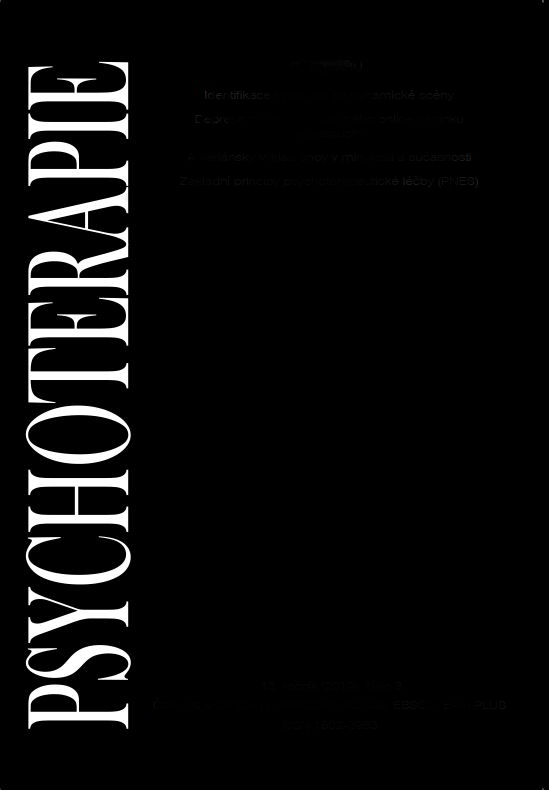Humor v psychodiagnostike a psychoterapii – možnosti a limity
Humor in Psychodiagnostic and Psychotherapy – Possibilites and Limits
Author(s): Anton Heretik, Andrea Heretiková MarsalováSubject(s): Social psychology and group interaction, Cognitive Psychology, Behaviorism, Psychoanalysis
Published by: Masarykova univerzita nakladatelství
Keywords: theories of humor; psychopathology of humor; humor in different psychotherapeutic approaches;
Summary/Abstract: The greatest philosophers from antiquity to present were focused on the topic of humor. There are so many partial psychological theories of humor, that they were splited by Raskin and Attardo to the 3 groups – metatheories: 1. psychoanalytical, 2. cognitive- perceptional, 3. social-behavioral. The authors report possibilities how to use humor – its comprehension and emotional experiencing – in the differential diagnostics of psychiatric disorders. The Test of Jokes was used by groups of patients with schizophrenia, affective disorders, dependences and by healthy participants as well. Humor as a therapeutic tool is used in different psychotherapeutic approaches. Common effective therapeutic factors of humor are: influence on “atmosphere” of therapeutic relationship, support of cognitive factors (insight, reframing, restructuralization), facilitation of abreaction of tension and anxiety, improvement of social skills (assertiveness, social attractiveness) of the client. Humor is also a tool for saving a mental health and wellbeing of the therapist. The basic principles of the use of humorous stimulus (e.g.verbal jokes) are timing, adequacy to situation a perceptiveness of the client. The limits of use of humor in the psychotherapy are on the both sides – by client (cognitive and affective disorders), on the side of therapist his cognitive style, therapeutic metaskills and personal sense of humor.
Journal: Psychoterapie : praxe - inspirace - konfrontace
- Issue Year: 8/2014
- Issue No: 1
- Page Range: 6-12
- Page Count: 7
- Language: Slovak

